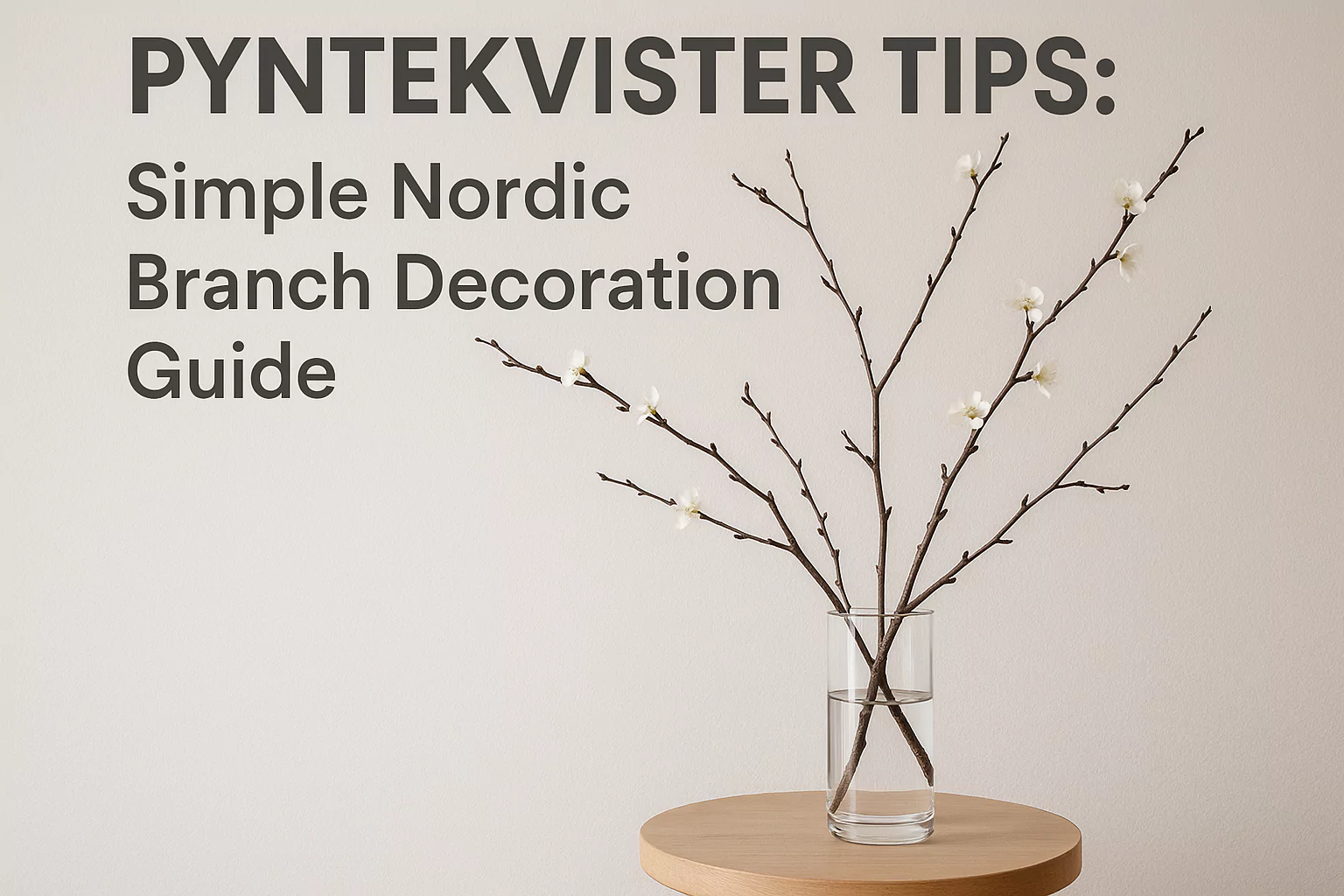Which Dogs are Lifestyle Dogs? Find Out!

Lifestyle dogs are breeds that naturally align with your daily habits, energy levels, home environment, and social life. Whether you’re an avid hiker, a busy city-dweller, a stay-at-home parent, or a senior seeking companionship, there’s a dog breed that fits your life. Choosing a lifestyle dog ensures both the dog and the owner thrive together.
What Is a Lifestyle Dog?
A lifestyle dog isn’t a formal breed classification—it’s a practical concept. It refers to a dog whose temperament, activity level, grooming needs, and overall personality suit a particular way of life. Instead of picking a dog based solely on looks or popularity, lifestyle dogs are chosen based on how well they fit into the owner’s daily living.
Why Choosing the Right Lifestyle Dog Matters
Owning a dog is a long-term commitment. Picking a breed that doesn’t suit your lifestyle can lead to behavioral issues, frustration, and even rehoming. On the other hand, a good match means a happy, healthy pet and a fulfilled owner.
Here’s why it’s crucial:
- Energy mismatch leads to restlessness or destructive behavior.
- Grooming demands may become overwhelming if not aligned with your routine.
- Living space matters—some breeds need space to roam, others are apartment-friendly.
- Social compatibility is key, especially with kids, seniors, or other pets.
Matching Dog Breeds to Different Lifestyles
Let’s break down common lifestyles and the dog breeds that best match them.
1. Active & Outdoorsy Lifestyle
If you hike, jog, or spend a lot of time outside, high-energy dogs that crave activity are ideal.
Top Breeds:
- Border Collie – Extremely intelligent, loves mental and physical tasks.
- Australian Shepherd – Great for agility sports and long walks.
- Labrador Retriever – Friendly, strong, and loves to swim or run.
- Vizsla – Athletic and affectionate; bonds closely with active owners.
What to Expect: These dogs require daily exercise, mental stimulation, and open spaces.
2. City & Apartment Living
Urban living requires a dog that’s comfortable with limited space and doesn’t bark excessively.
Top Breeds:
- French Bulldog – Low energy, minimal barking, and doesn’t need much exercise.
- Cavalier King Charles Spaniel – Small, gentle, and great with people.
- Boston Terrier – Adaptable, friendly, and easy to groom.
- Chihuahua – Compact, alert, and content indoors.
What to Expect: These dogs are ideal for small homes, elevators, and short walks around the block.
3. Family Life with Kids
Families with children need patient, sociable, and gentle dogs who can handle the chaos of home life.
Top Breeds:
- Golden Retriever – Loyal, patient, and great with kids.
- Labrador Retriever – Playful and very trainable.
- Beagle – Curious and friendly with boundless energy.
- Boxer – Fun-loving and protective of children.
What to Expect: These dogs thrive on interaction and playtime, and are generally easy to train.
4. Work-from-Home or Calm Lifestyles
If you have a quieter routine and prefer a relaxed home atmosphere, low-energy dogs are a better match.
Top Breeds:
- Shih Tzu – Affectionate lap dog with a sweet disposition.
- Pug – Funny, loyal, and loves napping next to you.
- Basset Hound – Calm and loves lounging.
- Great Dane – Despite their size, they are surprisingly gentle and low-energy indoors.
What to Expect: These dogs are content indoors and need moderate walks and lots of attention.
5. Senior Citizens or Retirees
Older adults may prefer dogs that are calm, easy to care for, and affectionate without being overly energetic.
Top Breeds:
- Maltese – Lightweight, hypoallergenic, and loves lap time.
- Cocker Spaniel – Gentle and easygoing.
- Miniature Schnauzer – Intelligent, loyal, and low-shedding.
- Pekingese – Low exercise needs and enjoys human companionship.
What to Expect: These dogs enjoy companionship and adapt well to a slow-paced home life.
6. First-Time Dog Owners
Beginners should start with breeds that are easy to train, sociable, and low-maintenance.
Top Breeds:
- Labrador Retriever – Friendly and eager to please.
- Papillon – Intelligent, tiny, and surprisingly athletic.
- Poodle (Mini or Standard) – Highly trainable and low-shedding.
- Cavalier King Charles Spaniel – Adaptable and gentle.
What to Expect: These dogs help first-timers ease into dog ownership with less stress and more fun.
Important Considerations Before Choosing a Lifestyle Dog
Choosing the right dog goes beyond breed. You must also consider:
- Time commitment – Dogs need exercise, training, and affection.
- Allergies – Hypoallergenic breeds like Poodles or Maltese may be preferable.
- Budget – Factor in vet visits, grooming, food, and gear.
- Training needs – Some breeds are more independent or stubborn.
- Adoption vs. Breeder – Consider adopting from a shelter; many lifestyle-suitable dogs are waiting for homes.
Lifestyle Dogs Aren’t One-Size-Fits-All
Remember, not every dog within a breed behaves the same. Individual personality, upbringing, and training play a huge role. Lifestyle dogs are about finding the right energy match, not just following trends. Take time to meet different dogs, speak with trainers, and reflect on your day-to-day habits.
Final Thoughts
Finding a lifestyle dog isn’t about what’s trending—it’s about what fits. Whether you’re a jogger, homebody, retiree, or busy parent, there’s a dog breed out there ready to be your perfect companion. The better the match, the stronger the bond—and the happier both of you will be.








